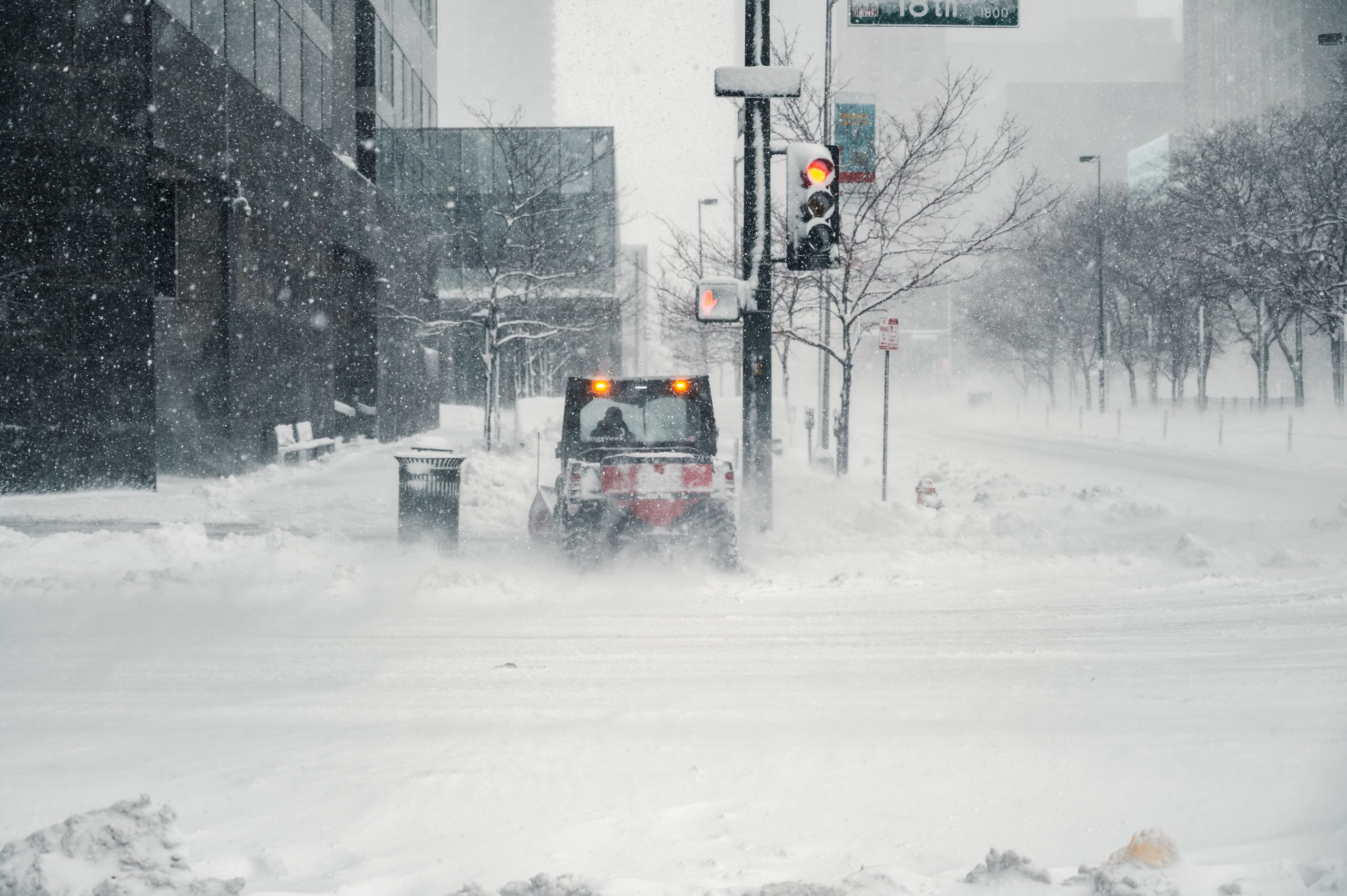Bomb Cyclone, an intense winter storm, is expected to bring icy temperatures and blizzard-like conditions and keep about 50 million people across Washington state to Maryland on alert. Parts of Canada will be affected by this massive cyclone. This news comes when the holiday season is about to begin, and most people would be busy traveling.
Also Read| Winter Storm Elliott: Where is bomb cyclone going to hit?
The most severe effects of the cyclone are expected in the Midwest, with a blizzard on Thursday and Friday.
Officials have warned people of a severe, potentially life-threatening drop in temperature. This puts infants and the elderly at high risk for cold-related illnesses or injuries.
Here are 5 tips that can keep you safe when the frosty temperature strikes.
1. Stay Safe Indoors- The US Centre for Disease Control and Prevention has offered suggestions to stay safe when the chilly weather strikes. This involves ensuring that infants are not sleeping in cold rooms and are wrapped in adequate warm clothes. Older adults should be regularly checked in to make sure that their homes are adequately heated.
“Never using generators, gas or charcoal grills, camp stoves, or similar devices inside your home, in basements, in garages, or near windows. The fumes are deadly,” says the CDC.
Also Read| Winter Storm Elliott: What is bomb cyclone?
2. Stay Safe Outdoors- CDC and National Weather Services recommend dressing warmly with caps, gloves, and socks. One should avoid walking on ice and getting wet. If stranded outdoors, the safest haven is a vehicle.
3. Precautions for heart patients- Frosty weather can be extremely risky for heart patients. Cold temperatures can constrict blood vessels, thereby putting a lot of pressure on the heart. “You always hear about people going out and shoveling snow and having a heart attack,” says Dr. Suzanne Salamon, associate chief of clinical programs at Beth Israel Deaconess Medical Center in Boston.
4. Coping with Asthma- Dry air can irritate the airways and can especially affect people with lung issues like asthma.
Also read: Winter Storm Elliott: 5 ways to stay safe during potential bomb cyclone
“Cold air causes bronchospasm, so people with asthma and COPD can find themselves having increased symptoms in the winter months,” says Dr. Reed Caldwell, an assistant professor in the Ronald O. Perelman Department of Emergency Medicine at NYU Langone Medical Center.
If you are asthmatic, wear a scarf around your nose, advises Salamon.
5. Frostbite prevention- Frostbites can occur when blood vessels narrow and skin temperature drops, causing ice crystals to form in and around the cells. Frostbites can even occur in the eye, potentially causing a lot of damage. To prevent this, one should limit exposure to chilly weather, preferably staying indoors whenever possible. Protective glasses could be worn to avoid dangerous eye frostbite.







